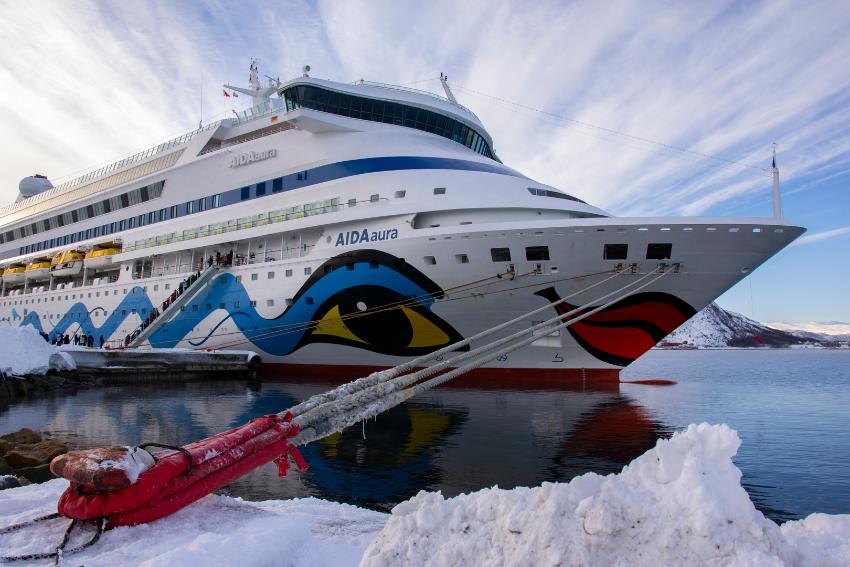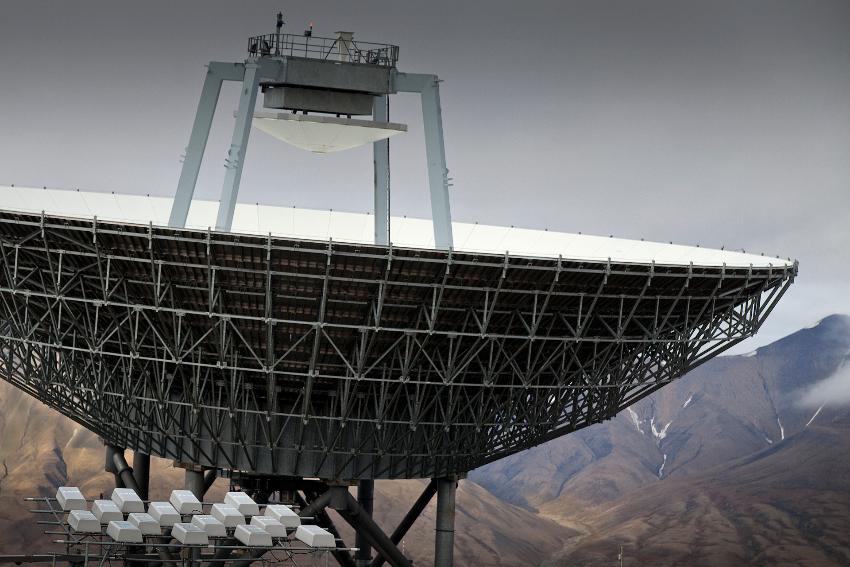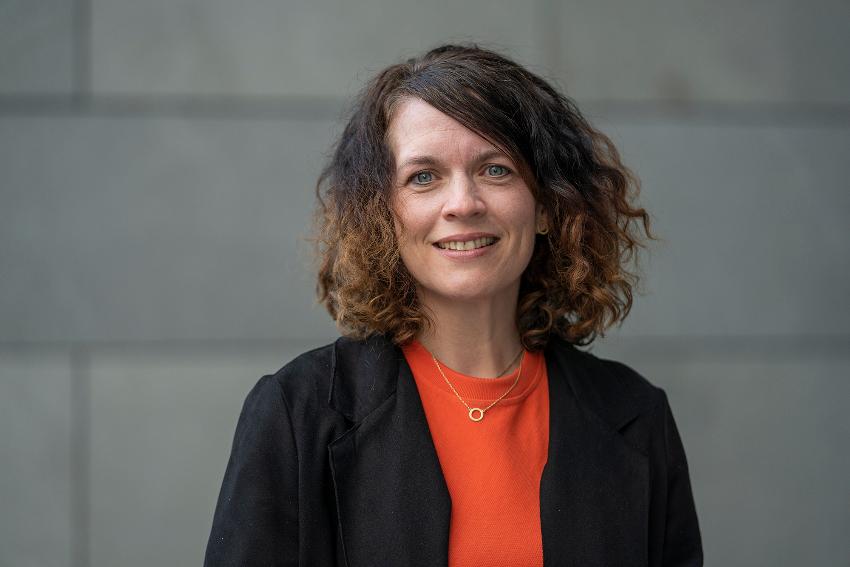Aquaculture without borders: when Nordic countries meet East Africa
An Erasmus project aims to boost aquaculture education and capacity building in Kenya, focusing on sustainable practices and food security. Recently a team from UiT visited Kenya.
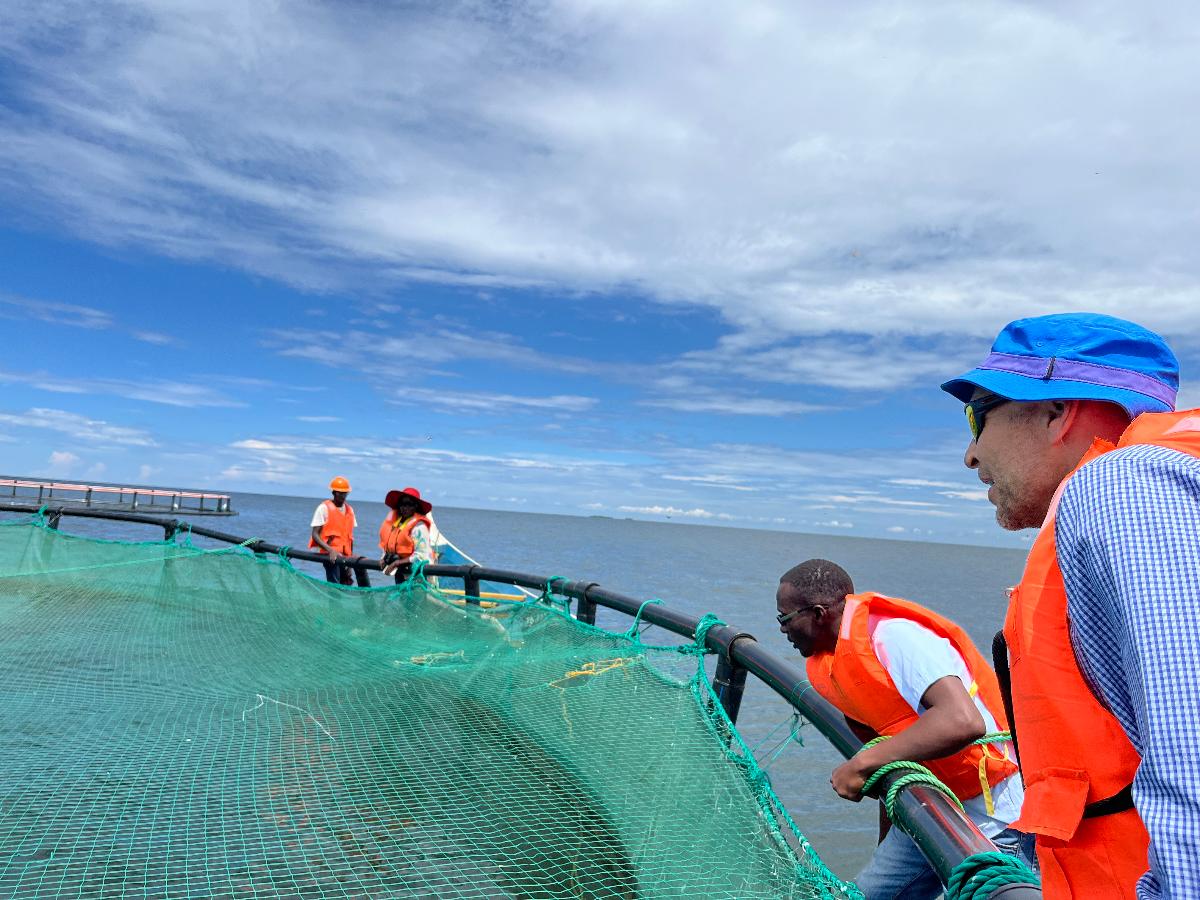
In April 2024, a team from UiT visited Kenya to meet with local partners at Lake Victoria. This collaboration was part of an EU-funded project called "Development of Aquaculture Education in Higher Educational Institutions in Kenya" (AQUADEVBUS). The project aims to boost aquaculture education and capacity building in Kenya, with a focus on sustainable practices and food security.
During their visit, the Norwegian and Finnish partners in the project had the opportunity to meet their local Kenyan counterparts in academia and research, engage with students involved in the project, and visit a number of fish and feed producers. This hands-on experience provided valuable insights into the current state of freshwater aquaculture in Kenya and the potential for future growth.
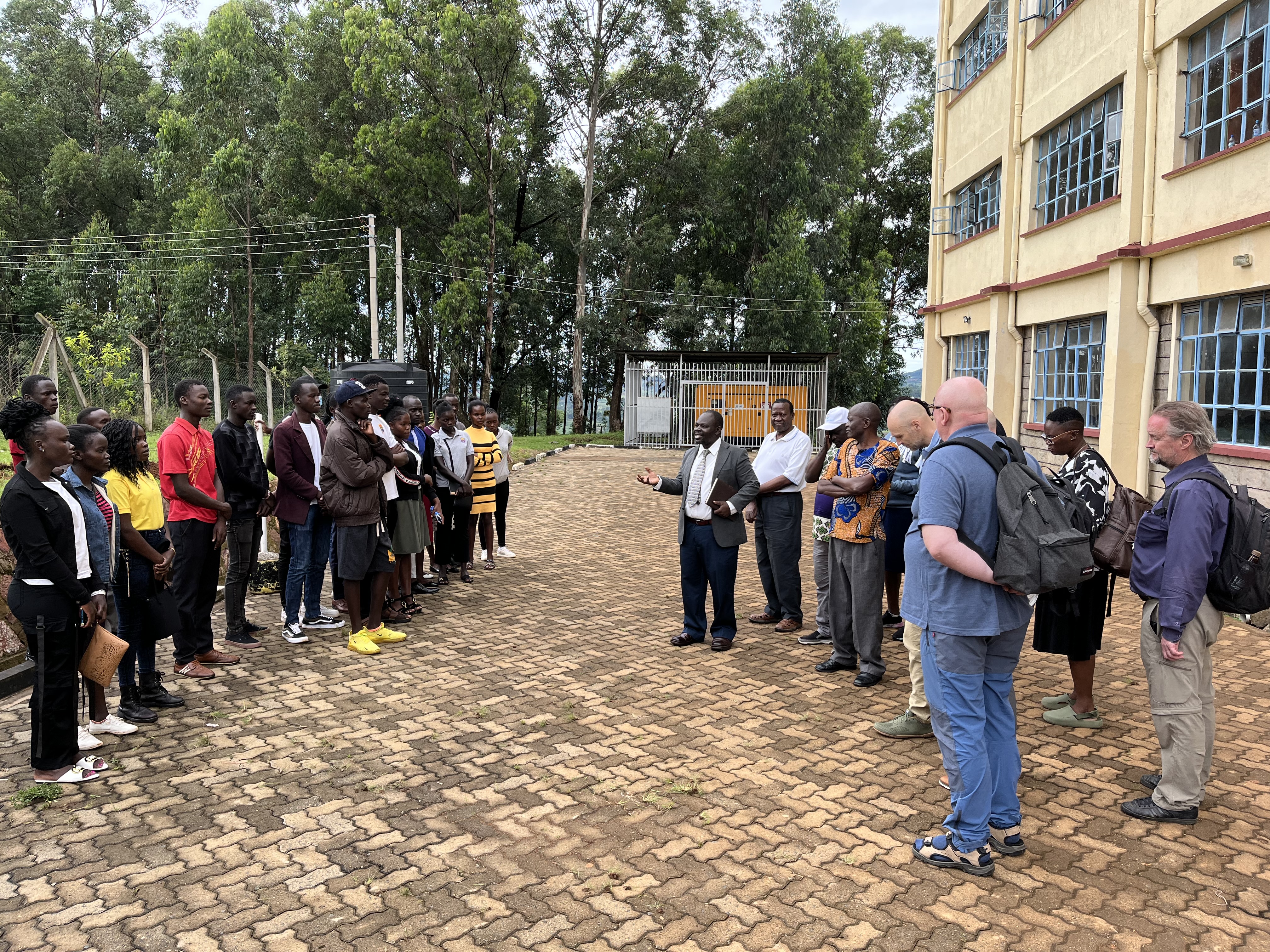
Potential for growth
Fish farming in Kenya began in the early 1920s and current production stands around 30,000 tons (World Bank, 2020). However, with a potential area for fish farming of 1.14 million hectares, the country has the capacity to produce several million metric tons.
The main cultured species is Nile tilapia (Oreochromis niloticus) followed by African catfish (Clarias gariepinus), which are produced in earthen ponds and cages in Lake Victoria.
As demand for aquatic animal proteins grows, along with awareness of healthy living and environmental sustainability, there is a need for aquaculture expansion to be guided by principles of sustainability and circular economy practices.
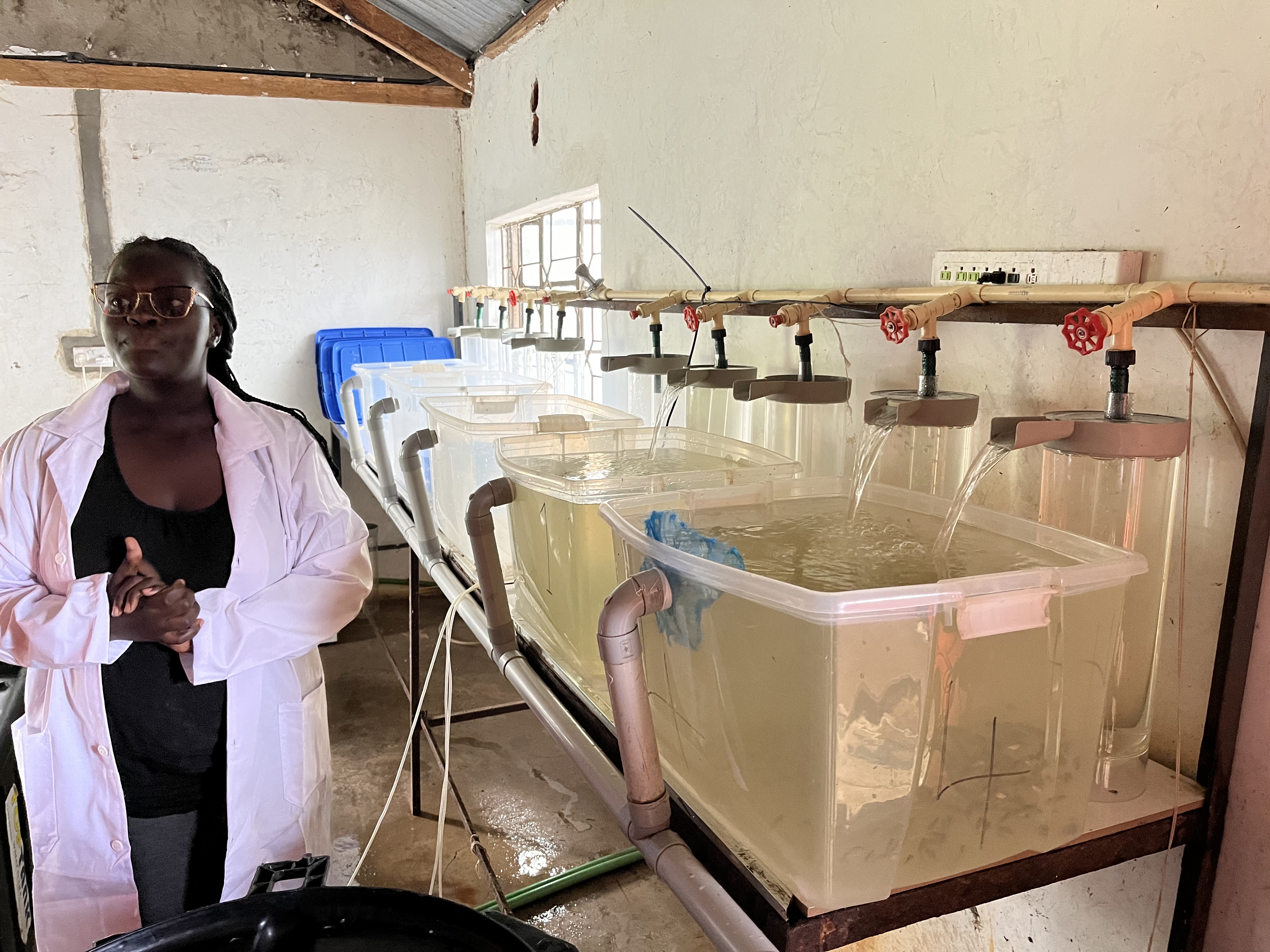
Adressing challenges
AQUADEVBUS will address these challenges by promoting comprehensive educational development in aquaculture and related disciplines, with a special emphasis on integrated aquaculture systems. The project will focus on capacity building of relevant stakeholders by improving networking among universities, research institutions, and the private sector.
Study programs will be developed or revised to capture the latest technological trends in aquaculture, and new knowledge will be generated on novel aquaculture systems, such as those integrating livestock and bio-energy to enhance circular practices.
Strategies will include joint development of undergraduate and postgraduate courses, short summer school courses for staff and student capacity building, development of aquaculture infrastructure in higher academic institutions in East Africa, and establishment of targeted links with the Kenyan aquaculture industry.
Food security
The AQUADEVBUS project aligns well with the goals and strategic objectives of the Regional Agriculture Investment Plan (EAC RAIP) 2017-2025 and Kenya's Big 4 Agenda pillar on food security. It is also compatible with the Blue Economy Strategy of the UN-Habitat launched in Kenya in 2022.
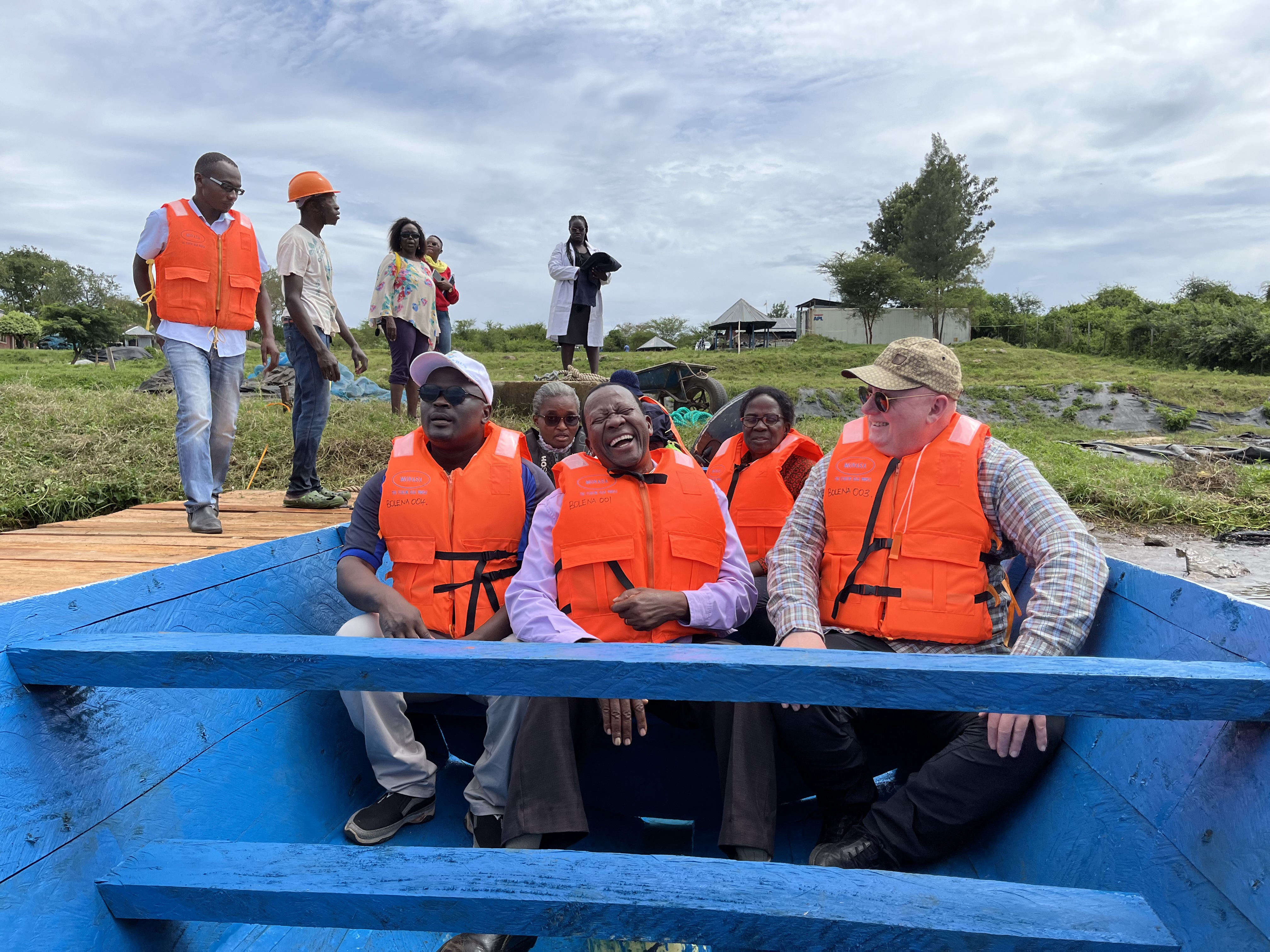
Lastly, the project supports UiT's strategic goals of internationalization by fostering academic and research collaboration and creating new opportunities for capacity building in African countries.
Meeting in Tromsø
The next project meeting will take place in Tromsø, Norway (September 2-6, 2024), when Kenyan and Finnish partners will gather to visit selected aquaculture sites, feed factories, and fish processing plants in Northern Norway. This exchange will provide valuable insights into Scandinavian aquaculture practices and further strengthen the international partnerships built through AQUADEVBUS.
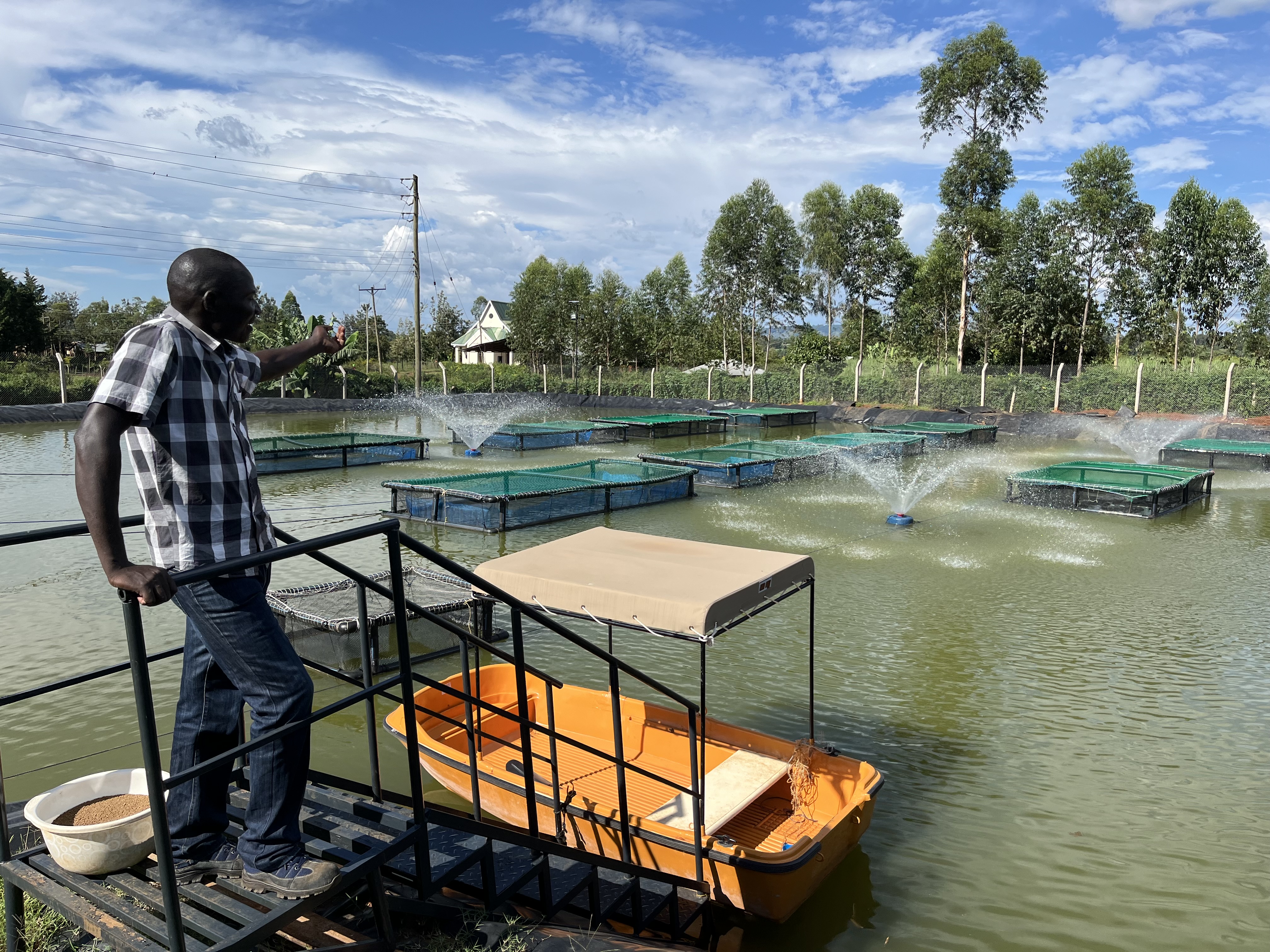
About the project
AQUADEVBUS brings together two Kenyan universities (Great Lakes University of Kisumu and Rongo University), a Kenyan research institution (Kenya Marine and Fisheries Research Institute), and three Scandinavian partners (UiT, Turku University of Applied Sciences and Peimarin Koulutuskuntayhtyma – Livia- in Finland). The project is funded by the Erasmus + programme ERASMUS-EDU-2023-CBHE (Capacity building in the field of higher education), has a total budget of 0.8 million EURO and will run for three years (2023-2026).
Kortnytt fra Fakultet for biovitenskap, fiskeri og økonomi, Norges fiskerihøgskole

